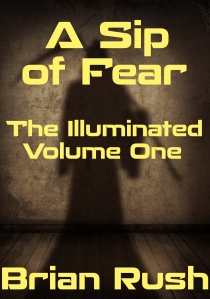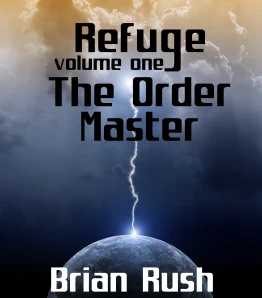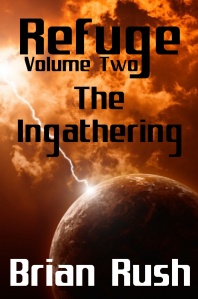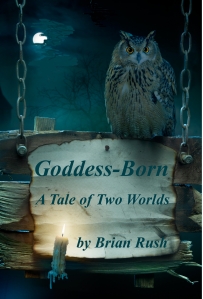Let’s start with a deceptively complex question that looks simple. What exactly is monotheism? It lies at the core of all the Abrahamic religions (Judaism, Christianity, Islam, and the Baha’i Faith). All four of these insist that God is One, although with slightly different emphasis. No religion outside that lineage holds this belief, although one finds a unity underlying the surface diversity in many approaches to spirituality that are otherwise polytheistic, from the Greek philosophers to Hinduism to some versions of Neopaganism.
To complicate matters more, many people who are theoretical monotheists are polytheists in practice. This includes Christians who pray to Mary or to the Saints, Muslims who also sometimes pray to Mary, and those who invoke different aspects or Names of God for different purposes. Monotheism, therefore, isn’t the worship of only one deity. That generally doesn’t happen; our minds are too limited to do that, and can’t wrap themselves around something as cosmic as Everything. Instead, monotheism is the theoretical belief that there is only one God, and this is made compatible with polytheistic practice by demoting deities in the plural to saints, angels, prophets, or a prophet’s mother.
Monotheism has one advantage over polytheism, and that is its inherent recognition of the unity of the cosmos. Monotheists avoid the fragmentation that can afflict polytheists (as discussed last week), but conflict arises of a different kind, and it emerges precisely from that limitation of the human mind that cannot grasp the All either by reason or by imagining. When one recognizes the unity of All, and at the same time can only imagine or grasp mentally a fragment or aspect of the All, it is easy to make the mistake of supposing that fragment or aspect to be the whole. The reality of God is too vast to be apprehended or conceived, and so something that the mind can apprehend and conceive is promoted to the role of Sole God.
Just as the mind cannot grasp the ultimate Reality, so (and perhaps even more so) human language cannot describe it or present rules or rituals or doctrines appropriate to it. This is a limitation that applies to scripture of any kind for that reason. And yet, because of the confusion that arises between what the mind can grasp and what is ultimately Real, it is very easy and common for monotheists to imbue their imaginings and limited visions and limited scriptures with an authority far beyond what they could ever merit. This gives rise to the biggest downside of monotheism: false certainty and dogma. It afflicts at least some of the believers in all four monotheistic religions of the Abrahamic lineage.
The ultimate expression of this false certainty is condemnation of those who believe differently, at times (especially when religion has been allied with the state) going so far as criminal persecution for heresy or religious war. Unlike the conflicts between polytheists discussed last week, this is not conflict caused by different Gods, but rather about different conceptions of what is supposed to be only one and the same God.
Historically, Christians have condemned Jews and Muslims for not recognizing the divinity of Christ, while Muslims have condemned Christians for seeing Christ as more than a prophet, and Jews for failing to see either Christ or Muhammad as even that much. Christians have condemned one another over points of doctrine that could matter only to those who take such things literally (which is a mistake in itself), and Muslims have condemned one another over who was the true successor of the Prophet and over teachings that went along with that. That’s all in addition to the ferocious conflict between monotheisms and polytheistic religion, from the slaughter of the prophets of Baal by Elijah described in the Bible, to the banning and condemnation of pagan religion by the Christian Roman Empire, to the bloody struggles between Islam and Hinduism in India.
The problem here is not so much disagreement (to disagree and argue is human, after all), but rather the idea that God supports one and only one doctrine, and that those who believe differently are not merely disagreeing with one another but each sees the other as going against the divine will. This is possible to believe only if one takes a limited idea — which is the only kind that the human mind can hold — and inflates that idea into identity with the All. That is the root of dogma and the origin of false certainty.
Is there anything monotheists can do to avoid this trap? Certainly, and many of them do. One can remind oneself often that God is beyond human knowledge and that we must all be humble before the Mystery. If you can wrap your mind around it and understand it, then it is not God. At best, it’s a particular viewpoint or perspective on God, the best that you can do with a finite brain. Someone else may come up with a different vision that is equally valid, even where it appears to disagree with yours.
Some monotheists have shown themselves capable of that degree of enlightenment and humility. Alas, many have shown to the contrary as well, and that is why separation of church and state is so important to the maintenance of peace and liberty. The error of false certainty and dogma is potentially deadly, and the only way to prevent that potential from becoming actual is to deny it any temporal power.








